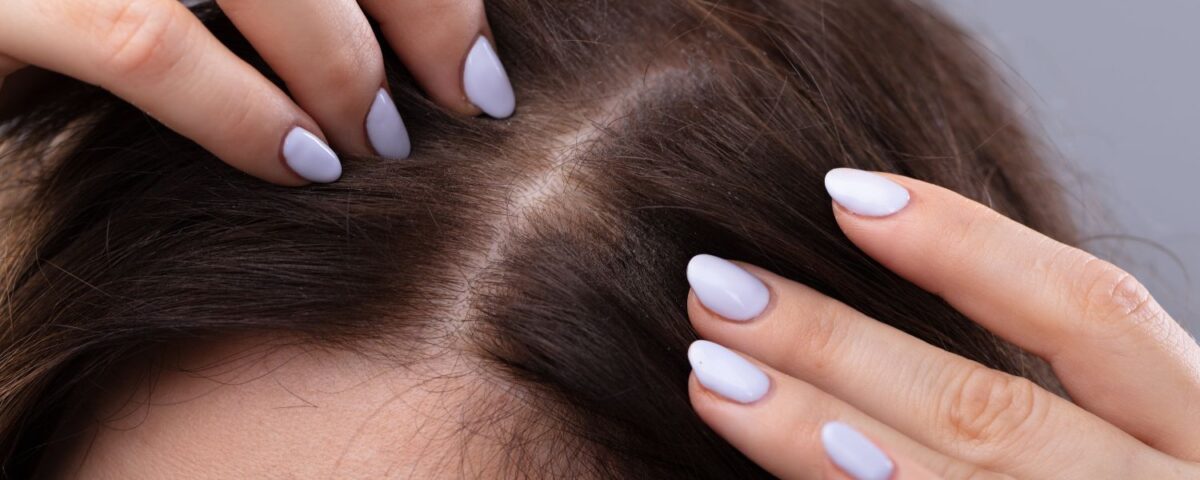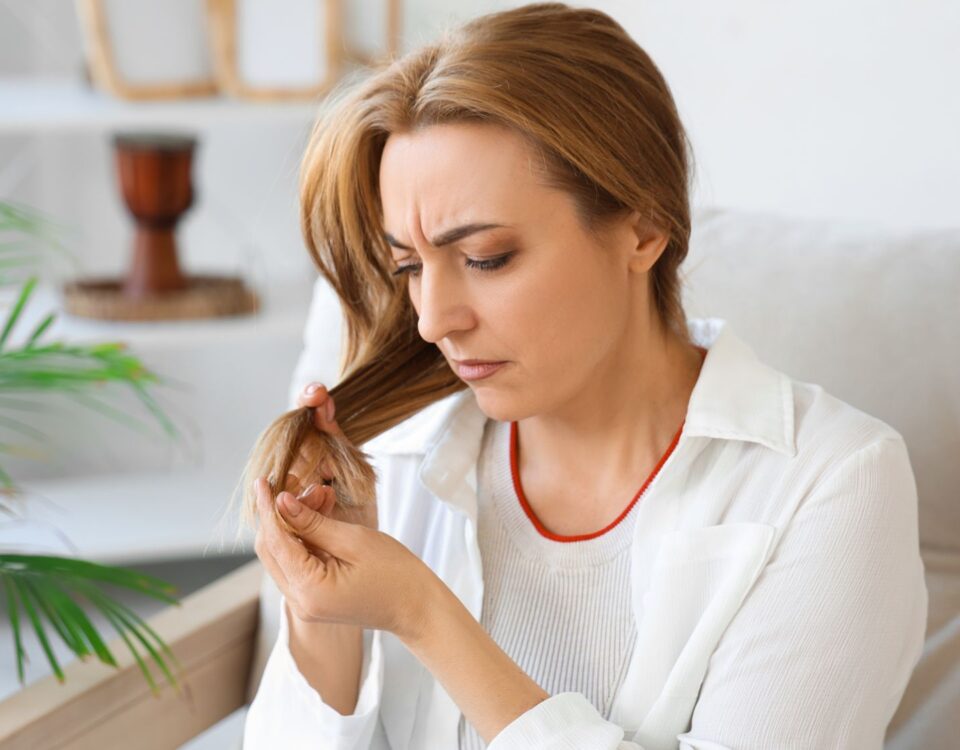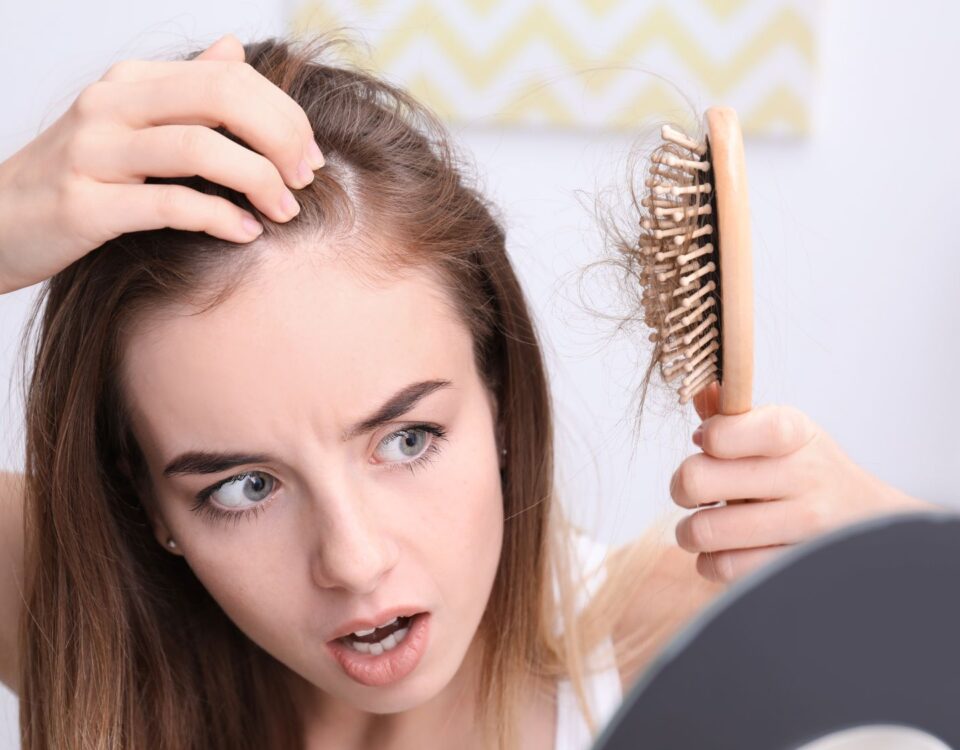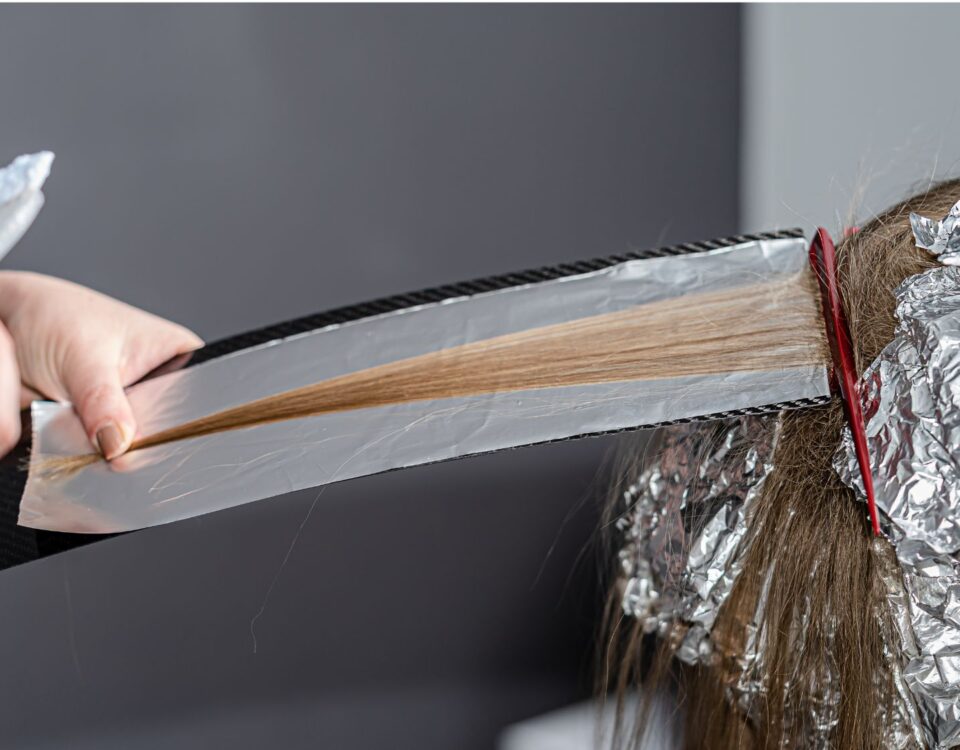
The Potential of Cinnamon for Hair Growth: A Promising Natural Remedy
March 20, 2024
Is Hair Loss a Sign of Cancer?
April 15, 2024This article delves into the intricate relationship between PCOS and hair loss, offering valuable insights and actionable solutions.
Polycystic Ovary Syndrome, or PCOS, is a common condition that affects approximately one in every five women in the UK. One of the most distressing symptoms of this condition is hair loss. Understanding the link between PCOS and hair loss is crucial in finding effective solutions to manage and treat it.
The Link Between PCOS and Hair Loss
PCOS is characterised by hormonal imbalances that can lead to a variety of symptoms, including hair loss. This is due to an excess of androgens, male hormones that are typically present in small amounts in women. In individuals with PCOS, these androgens can cause the hair to thin and fall out, particularly in a male-pattern baldness style.
Recognising the Signs
Understanding the different types of hair loss associated with PCOS is the first step in managing the condition. This can range from thinning hair and male-pattern baldness to excessive hair growth in unwanted areas, a condition known as hirsutism.
Insights into Hormonal Imbalances
Hormonal imbalances play a significant role in PCOS-related hair loss. High levels of androgens, insulin resistance, and increased cortisol levels can impact the health and growth of hair follicles. These imbalances can cause the hair to thin and fall out, particularly in a male-pattern baldness style.
Strategies for Management and Treatment
There are various approaches to managing and treating PCOS-induced hair loss. These can include lifestyle changes, medications, topical treatments, and professional interventions like laser therapy or hair transplants. It’s important to consult with a healthcare professional to determine the most effective treatment plan for you.
Lifestyle Modifications and Self-Care
Promoting hair health in individuals with PCOS involves lifestyle adjustments and self-care. This can include dietary changes, stress management techniques, a regular exercise routine, and a scalp care regimen. These changes can help to manage the symptoms of PCOS and promote overall health.
In conclusion, understanding the link between PCOS and hair loss is crucial in managing and treating this distressing symptom. By recognising the signs, understanding hormonal imbalances, and implementing effective treatment strategies and lifestyle changes, it is possible to promote hair health and manage PCOS-related hair loss.




